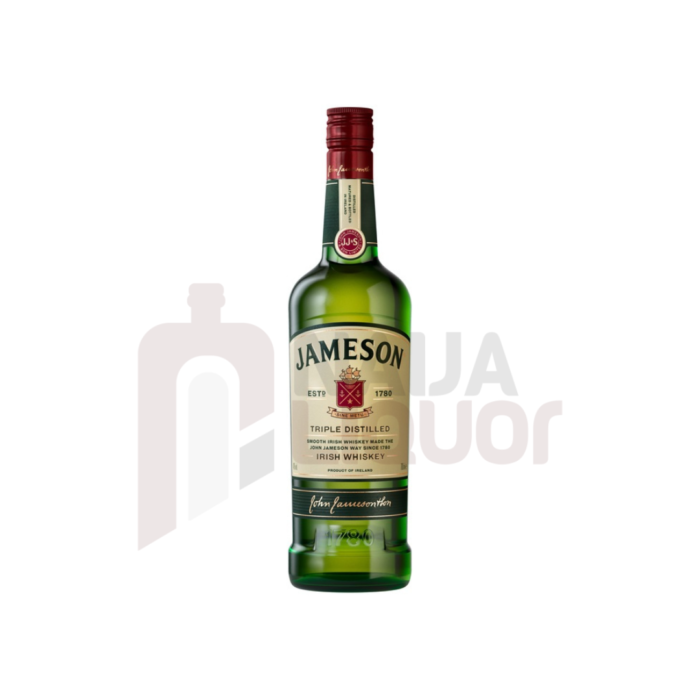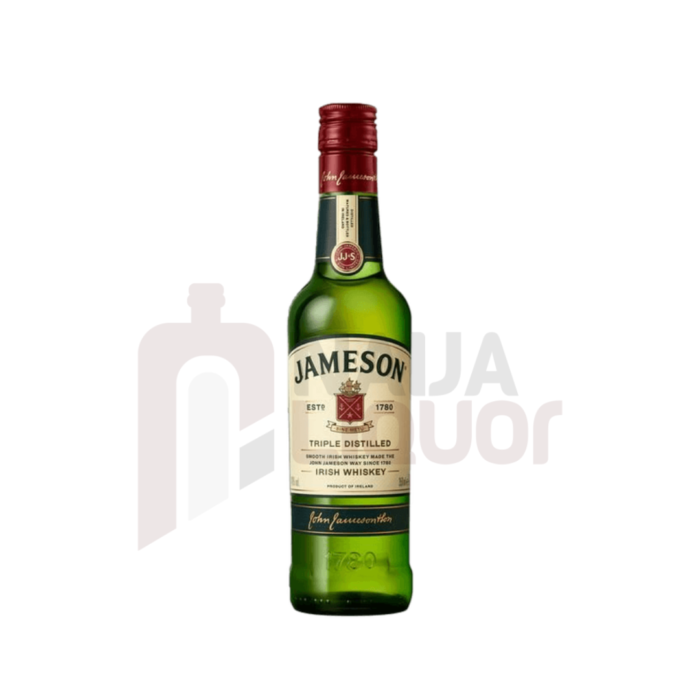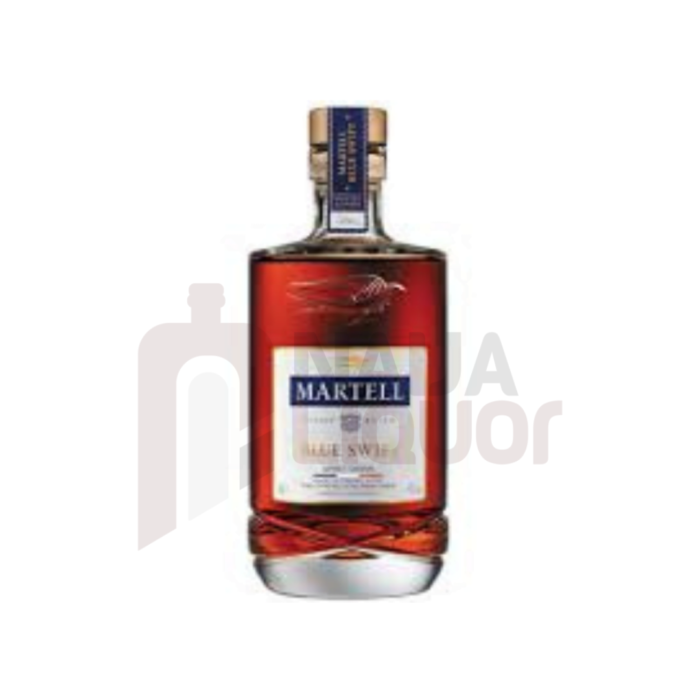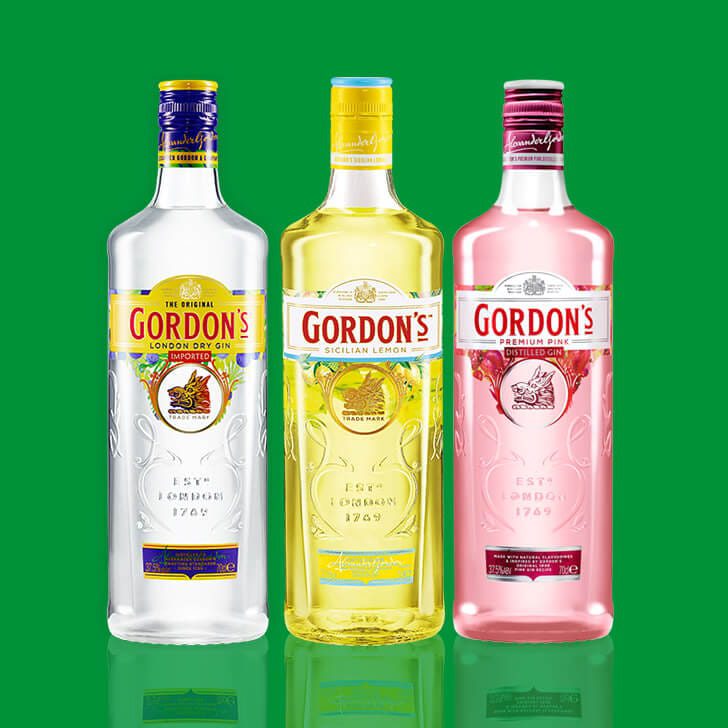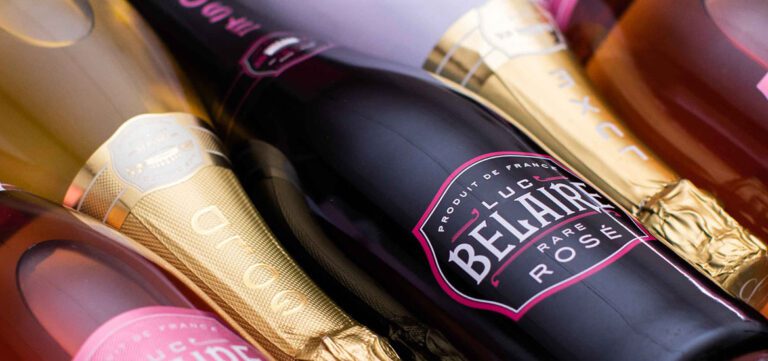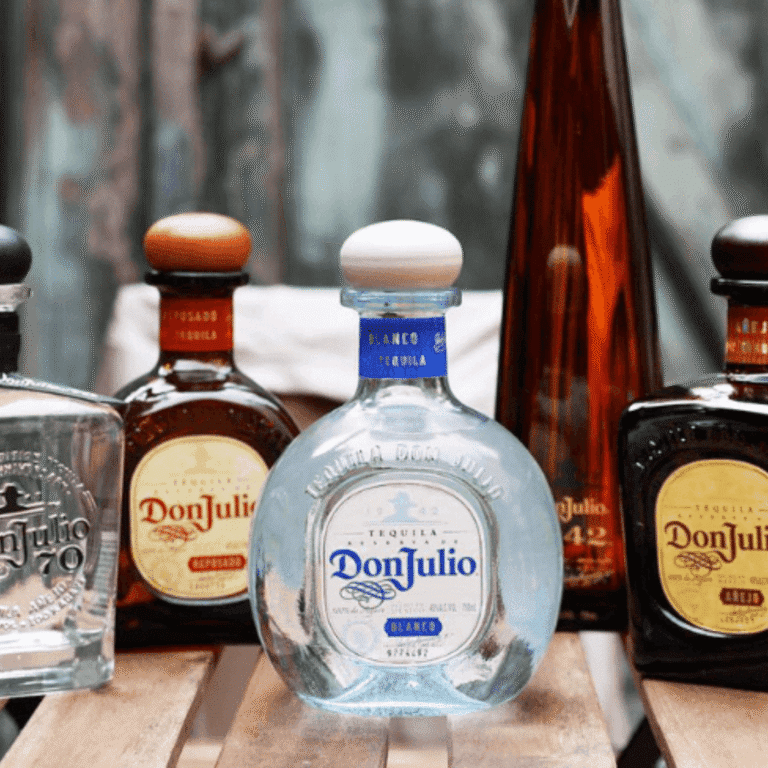Enjoy free delivery within Lagos on orders from ₦500,000 and above
There are many types of gin, a distinct brew among the most popular distilled beverages. Gin is distinguished from other liquors by the unique botanicals used to flavour the spirit, whereas other liquors are identified by their base ingredient, manner of distillation, and place of origin.
According to Summer Goff, head barman at Death & Co. Denver, “juniper is the first thing that should come to mind when you hear the word gin.” According to the law, anything marketed as gin has to have juniper in the botanical combination. Depending on where the spirit is created, the producer may choose to employ different botanicals.
Natasha Bahrami, the proprietor of The Gin Room in St. Louis, notes that gin encompasses a wide array of styles with minimal regulations. It can be made from any fermentable substance, must include juniper—though not necessarily as the dominant flavour—and can be produced using various methods, including pot still, vapour distillation, or distilling each botanical individually.
The gin category is notably varied, thanks to the considerable leeway afforded to makers and the drink’s extensive, rich history. Bahrami suggests considering gin as a broad spectrum of tastes, asserting that while not every gin will suit everyone, there is certainly a gin out there for every taste preference.
Gin has numerous sub-categories, including genever or jenever, also known as Holland gin, which is the precursor to contemporary gin and has its own distinct characteristics. Present-day bartending typically recognises four primary gin styles, each with its own unique features and recommended uses in cocktails, as advised by specialists.
The 4 Main Types of Gin
There are many different types of gin, from London dry to flavoured. We examine and explore the 4 main types of gin in our gin guide.
London Dry Gin: This is one of the types of gin. It’s style is synonymous with gin for most casual drinkers and is the most popularly consumed. Iconic brands like Beefeater and Tanqueray, and newer ones like Ford’s Gin, exemplify this style. Although London Dry Gin is the only gin type with a legal definition, it doesn’t have to be produced in London. To qualify as London Dry Gin, all botanicals must be natural and included during distillation, not added afterward. Known for its juniper and citrus scent and taste, London Dry Gin is clear, sometimes with a silvery sheen from the botanical oils, and should taste bright, clean, and crisp. Bartenders often opt for London Dry Gin for classic cocktails like Gimlets or Last Words due to its ability to retain its flavour when mixed with other ingredients.
Old Tom Gin: Another of the main types of gin is Old Tom Gin While it lacks a legal definition, it dates back to the 1800s and serves as a midpoint between London Dry Gin and Genever. It contains the traditional gin botanicals but includes added sugar after production and may be barrel-aged. With no legal production standards, distilleries have the freedom to craft this style as they see fit. The addition of sugar or barrel ageing significantly influences the flavour and texture, yet the classic botanical flavours remain. Old Tom Gin’s smoother, more viscous nature makes it suitable for cocktails like the Bee’s Knees or a barrel-aged Old Tom Bobby Burns.
-
Jameson Irish Whiskey | Whiskey | 70cl
₦23,000.00 -
Jameson Irish Whiskey | Whiskey | 20cl
₦8,000.00 -
Martell Blue Swift | Cognac | 750ml
₦86,000.00
Plymouth Gin: Third on the list of the 4 main types of gin is Plymouth gin. It is a distinct category of gin represented solely by the brand Plymouth, produced in Plymouth, England. Previously having a geographical certification, the brand chose not to renew it in 2014. Similar to London Dry Gin in production, Plymouth Gin allows for a more balanced botanical mix, resulting in more pronounced earthy and citrus notes. Its aroma is citrusy with a hint of earthiness, supported by juniper, and its milder flavour profile renders it adaptable for various cocktails.
New Western/Contemporary Gin: The fourth of the main types of gin is the new western/contemporary gin. These terms encompass modern gins that don’t fit traditional categories. Juniper is a requirement, but producers often experiment with different techniques and botanicals. Some notable examples include gins using region-specific botanicals, offering a fresh take on the spirit. This category’s flavour diversity means it can complement a broad spectrum of cocktails, allowing for creative mixology based on the gin’s unique characteristics. Contemporary gins are known for their bold botanical profiles and are particularly well-suited to a variety of tonics.
In conclusion, the world of gin is diverse and exciting, with four main types of gin to suit every palate. Whether you prefer the bold, dry taste of London Dry Gin or the sweet and aromatic flavours of Plymouth Gin, there’s a gin out there for everyone. So go ahead, explore the world of gin, and find your perfect match. I hope this meets your requirements. Let us know if you need any further modifications.
Looking to order premium drinks online?
Naija Liquor is the best and most trusted Nigerian-quality online liquor store. We focus on premium spirits and wines only from accredited importers. We source our products from accredited importers, distributors, and manufacturers, making Naija Liquor the best platform to buy spirit drinks and wines in Lagos, Ibadan, and Ogun State. Naija Liquor is the most trusted Nigerian online distributor of premium spirits and wines. Its the best site to buy wines and Premium liquor. Click here to visit our online store and place an order now.



